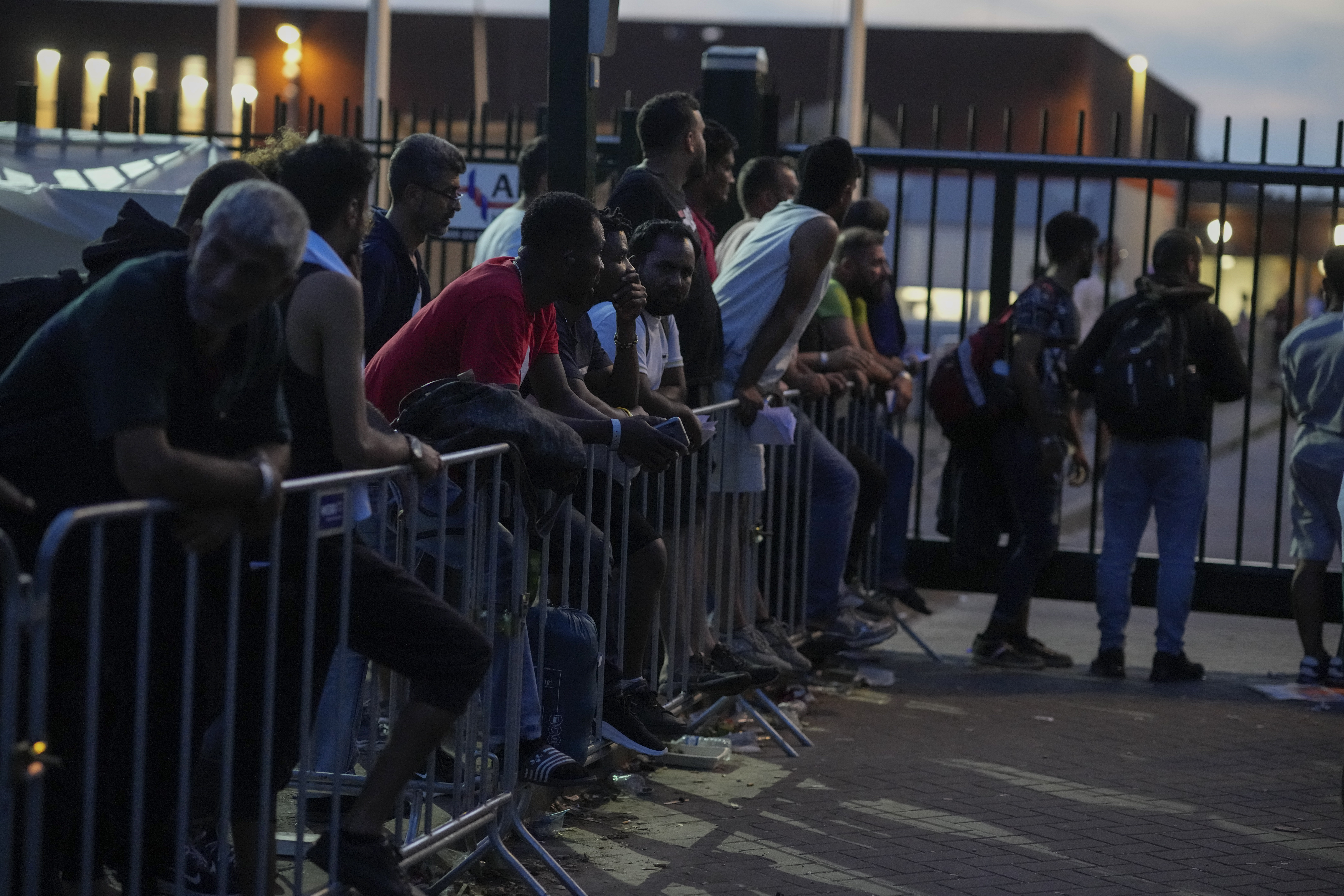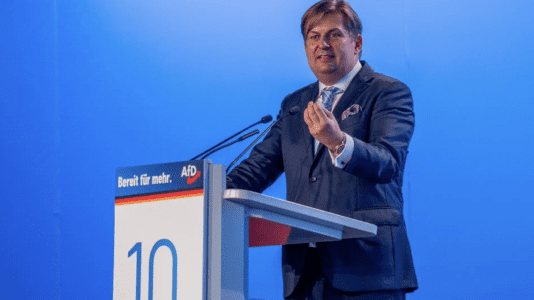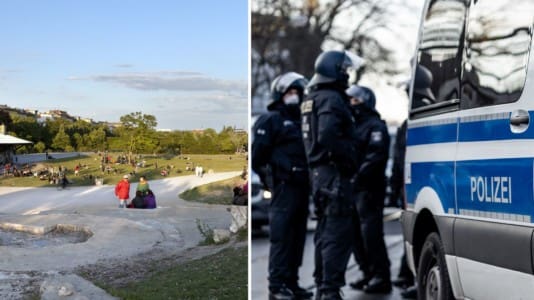The Netherlands has continued to experience a rise in asylum applications throughout the second quarter of the year, exacerbating an issue that recently led to the fall of the country’s government and its Prime Minister Mark Rutte stepping back from frontline politics.
From April through June, another 8,000 asylum seekers submitted their first application for asylum in the country, according to Statistics Netherlands (CBS) — a 15 percent increase over the previous quarter and also significantly higher than for the same period last year.
The 2022 figure was already 44 higher than the previous year and a record for the years following the migrant crisis of 2015.
A 53 percent rise in Syrian applications and a 33 percent increase in new arrivals from Eritrea contributed to the rise in claims, Statistics Netherlands stated.
Family reunification also contributed to the increase, with 2,625 family members arriving in the Netherlands in the second quarter of the year, up by 730 versus the previous quarter.
“Especially from Syria, more family members traveled (to the country). Nearly 7 out of 10 family members traveling due to family came from Syria,” said CBS researchers. This is despite the Dutch government attempting last year to temporarily suspend the automatic reunification of asylum seekers’ family members for six months to cope with the asylum crisis enveloping the nation.
The Ministry of Justice and Security in Amsterdam has estimated that approximately 70,000 asylum seekers will arrive in the country this year, with Minister for Migration and Asylum Eric Van der Burg anticipating an even greater spike in new claims over the remaining summer months and into autumn.
Meanwhile, asylum reception centers remain saturated across the country, and the Dutch government has been fighting a losing battle in relocating tens of thousands of asylum seekers currently holed up in makeshift homestays as temporary accommodation contracts with cruise ships and hotels taken out last year begin to expire.
This has led to many temporary contracts either being extended, or the Dutch government paying more than expected yet again for new contracts, including the recent decision to house 1,500 migrants in the port of Rotterdam at considerable expense to Dutch taxpayers.
[pp id=82519]
Mark Rutte’s administration collapsed last month over “unbridgeable” differences between coalition partners regarding the country’s asylum and immigration policy.
The outgoing prime minister’s People’s Party for Freedom and Democracy (VVD), alongside the Christian Democratic Appeal (CDA), had advocated in favor of tightening restrictions on the asylum process, a move that was opposed by the Democrats 66 (D66) and the Christian Union (CU).
One party seeking to benefit from the situation is the right-wing Party for Freedom (PVV) led by conservative Geert Wilders. Commenting on the latest rise in asylum claims, Wilders posted on X: “Billions of euros are not spent on healthcare or cheaper groceries, but on those seeking fortune.”
He called on those who supported the closing of Dutch borders and the promotion of the Dutch people back to “Number 1” to vote for his party in the Dutch elections scheduled for Nov. 22.






